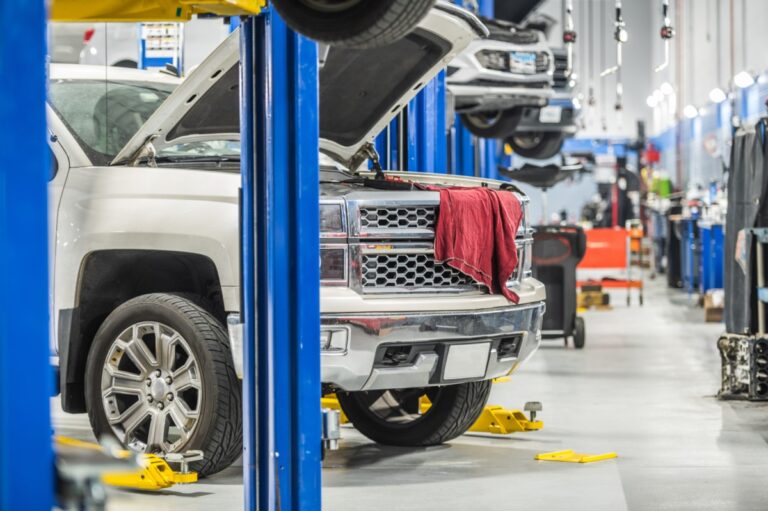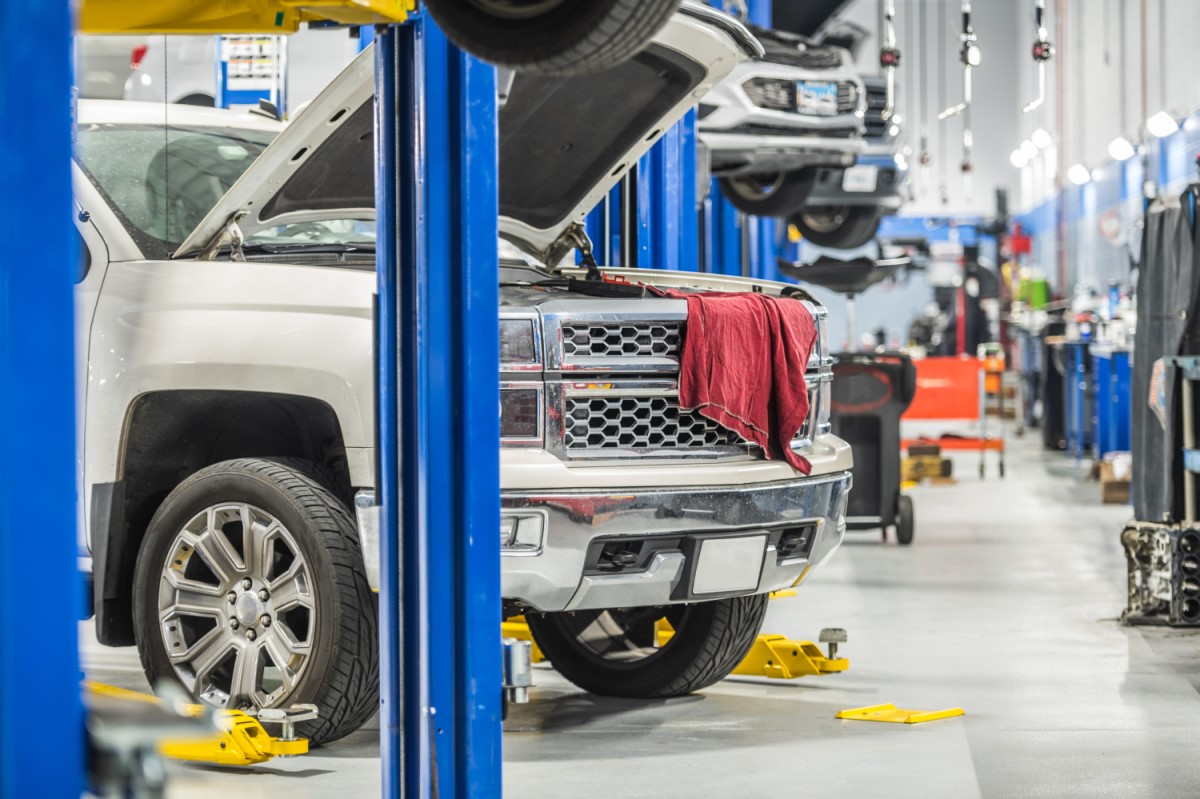Car maintenance is an essential part of vehicle ownership, so it’s important to hire a reputable mechanic. But, be on the lookout for auto repair fraud.
Good mechanics are worth their weight in oil. These masters of motors help keep your car in top shape, but don’t drain your wallet for each fix. Unfortunately, not all shops are so diligent. Here are three common car repair scams, and the advice from The Car Husband on how to avoid them:
1. The “Dirty Air Filter” Scam
This is one of the most popular, and prevalent, car repair scams on the market. It goes like this: You bring your vehicle in for regular maintenance or a much-needed repair, and the mechanic tells you that your air filter is filthy.
Sometimes, he or she is talking about the engine air filter, which keeps dust and debris away from essential moving parts, and sometimes the mechanic is referring to your cabin air filter, which is attached to the car’s HVAC system and cleans air coming in through the vents to the passenger and driver.
Don’t fall for this one.
In both cases, the mechanic tells you just how dirty your filter is and then shows it you. Inevitably, it will be black and dusty. The scam? It may not be yours. Some shops keep a dirty filter on hand to trick unsuspecting customers into buying something they don’t need.
Always make sure the filter you’re seeing is the one from your car, and know when your filters need replacement.
Engine air filters should be inspected and changed, if necessary, every 20,000 miles. Cabin air filters, for example, should be inspected and replaced ever 15,000 to 20,000 miles and are usually found in the glove box or under the dash of the passenger front seat.
2. The “Oil Change” Scam
This one is all about the upgrades. You go in for an oil change because your car needs it (and because it’s a great deal) and leave the vehicle in the mechanic’s capable hands. Around half an hour later, you get a call. It turns out the simple oil change you needed is not so simple.
Here, the idea is to sell you on upgrades. Often, you’ll be told that your car needs “premium” or synthetic oil and that the technician working on it can’t use a lower grade without your approval.
Check your owner’s manual to verify your oil type. They’ll want you to come back to the shop, speak to a manager and sign off on the work, all the while talking about potential issues you could encounter using a low-cost product.
You may also be told that extra “problems” were uncovered on your vehicle once it went up on the hoist. These problems are hard to see, highly technical to describe and very expensive to fix.
These are some of the pitfalls of cheap advertised oil changes.
Finding a reputable, licensed mechanic helps you sidestep this scam. And when in doubt get a second opinion.
3. The “While You Were Away” Scam
This third type of scam is often the most expensive. You bring your vehicle in because it’s “acting up” and ask the shop to take a look and get back to you with the results.
Instead, you get a call several hours or days later saying a host of problems have been fixed and you owe the company hundreds or thousands of dollars. They may talk about tubes and gaskets, spark plugs or transmissions, but the bottom line is they want you to pay for all the repairs or they won’t let you have the car back.
Do not pay for anything you didn’t authorize.
You may owe for the initial quote and labor to investigate the issues, but no garage can do work without your written permission and an auto repair shop cannot hold your car as collateral.
If they refuse to return your vehicle, call the local police.
Fraud and theft are potential consequences for this kind of scam. Unfortunately, this scam continues to work because owners are legitimately scared their vehicles will be taken away if they don’t pay. Never pay. Report this deceptive activity to your local consumer affairs department.
The importance of good records
Most owners don’t use it, but the owner’s manual for your vehicle has a handy tracking sheet for recording when your oil changes were completed and at what mileage, along with reminders for other service work such as tire rotations or transmission services.
Beyond the manual, it’s just as critical for you to keep good records of any work done to your vehicle. This way, if a mechanic tries to overcharge you for car repairs, you’ll see it coming.
You’ll know exactly what kind of oil you need, when your air filters were changed and what type of work has been done to your car over its lifetime.
For more tips like these, read our blog.








